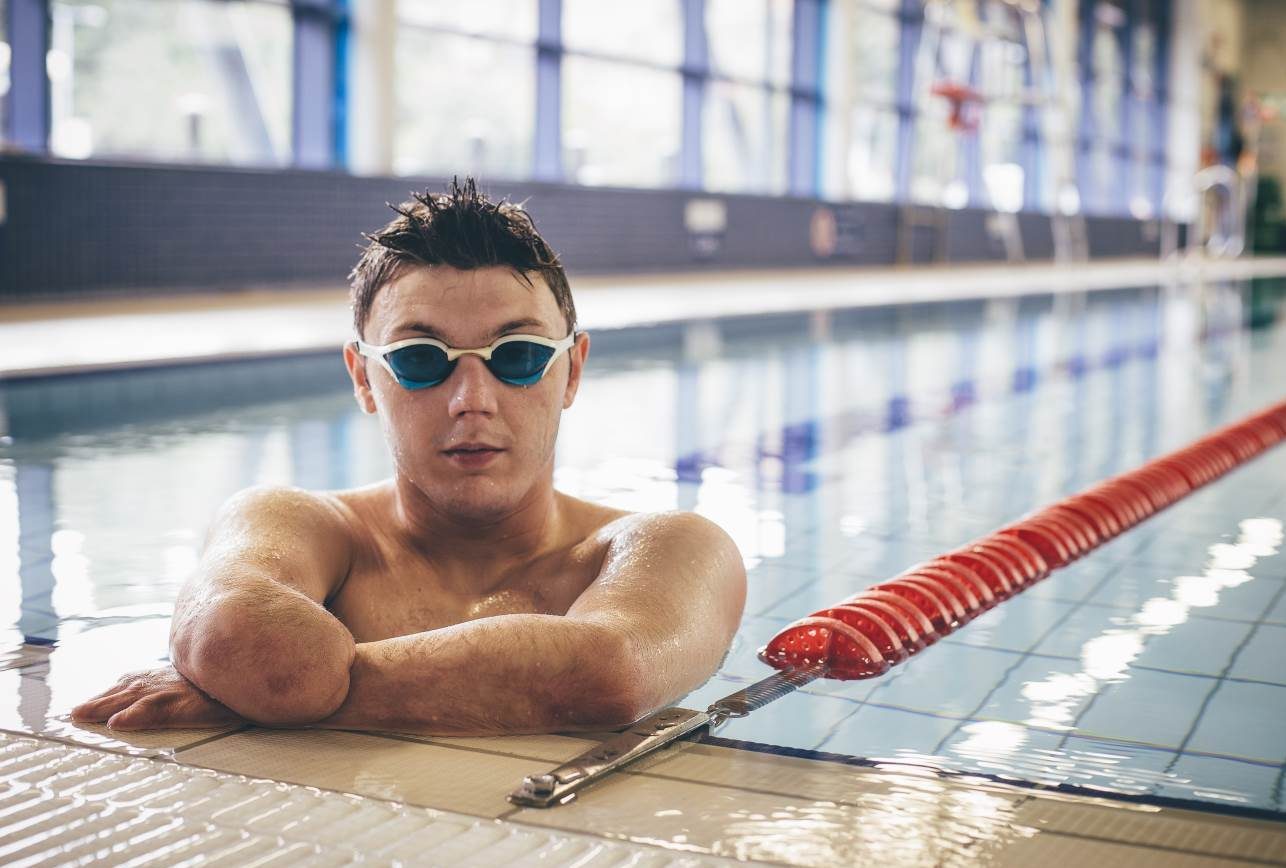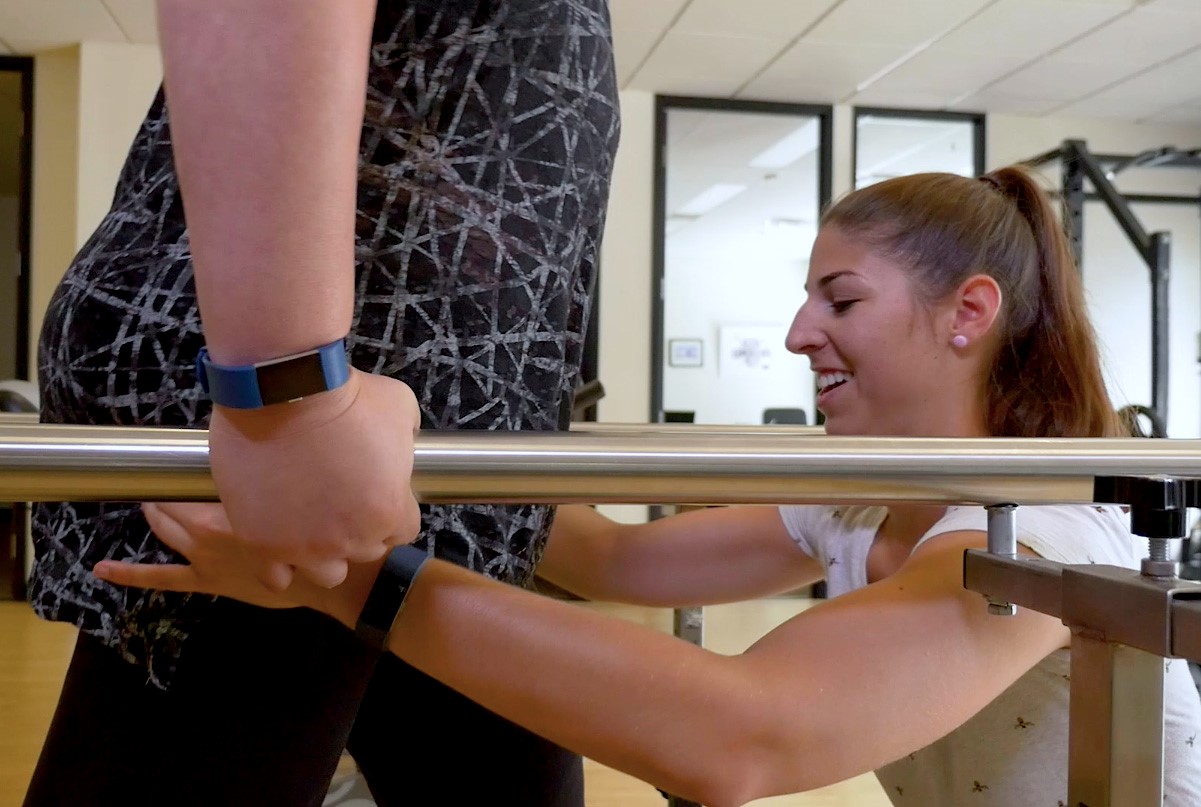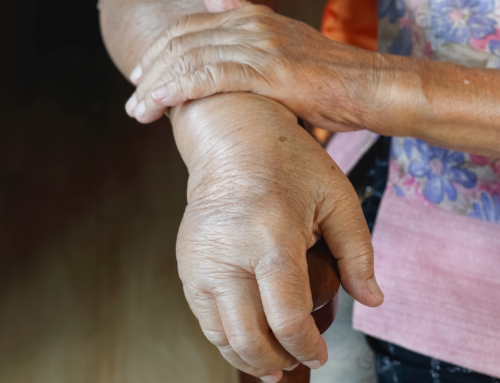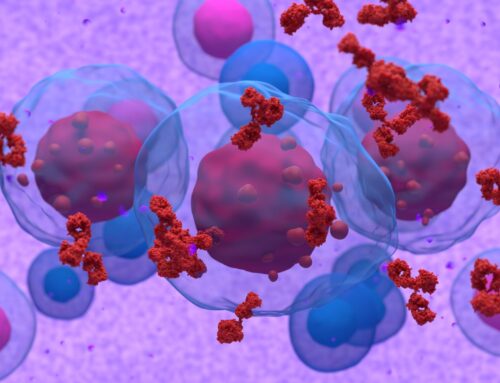Breast cancer accounts for 25% of new cases of cancer with 1 in 8 women expected to develop breast cancer during their lifetime.[i] With early detection, advances in research, greater prevention efforts and advanced treatment options, there is a greater survival rate than ever before. The female breast cancer death rate has decreased by nearly 50 percent since the mid 1980s.[ii]
Breast cancer survivors are living longer and fuller lives, while still dealing with the impacts of treatment. In this blog we take a closer look at some breast cancer treatment side effects and how physiotherapy can help with management of these symptoms.
Breast Cancer Treatment
Breast cancer often involves some type of surgery which can include:
- Breast conservation therapy (lumpectomy) – involves the removal of a mass from the breast and is often accompanied by an adjunct treatment such as radiation and/or chemotherapy
- Lymph node surgery – this can involve biopsy to determine if cancer is present in the lymph nodes, or dissection to remove of the lymph nodes
- Mastectomy – this involves surgical removal of the breast tissue and may involve removal of the nipple, lymph nodes and pectoral fascia (tissue that covers the chest muscles)
- Breast reconstruction – which involves plastic surgery to make the breast look and feel as natural as possible after all or part of it has been removed.[iii]
Breast Cancer Treatment Side Effects
Side effects can occur with any type of treatment from breast cancer. Some common side effects from breast cancer treatment or surgery are:
1. Lymphedema
Lymphedema is characterized by local swelling in the body caused by the abnormal accumulation of lymph. This swelling can lead to restricted range of motion, pain and altered sensation. The management of lymphedema has been incorporated into physiotherapy practice. Specialized treatment called decongestive lymphedema treatment consists of manual lymphatic drainage, multilayer compressive bandaging, use of compression garments, exercise, and skin care.
2. Shoulder pain or weakness
Shoulder range of motion and strength can be limited due to surgical scarring, swelling, deconditioning and other treatment such as radiation and chemotherapy. Evidence has concluded that physiotherapy post surgery can have excellent effects on shoulder range of motion and strength.
One study found that breast cancer patients who did not receive physiotherapy intervention post-operatively showed significant limitation in range of motion and function in their shoulder 3 months after their treatment compared to those that did receive physiotherapy.[iv] Even physiotherapy performed 6 months post-operatively has been found to have significant changes on shoulder function.[v]
Manual therapy techniques, massage, and modalities such as acupuncture have all been used for the treatment of pain. Through careful analysis and assessment therapists can help determine the cause of pain and the right approach to treat various types of pain whether it be musculoskeletal or neuropathic in origin.
3. Numbness or tingling in the arm
Physiotherapists are also able to assess and treat various causes of numbness and tingling in the upper extremity. This symptom can be the result of swelling, nerve damage, muscular tension or malalignment or other issues related to cancer treatment.
4. Scar tightness
Scar tissue may result from radiation treatment or surgery. Hypertrophic or keloid scars are the result of a dysfunction in the regular wound healing process that results in excessive scar tissue formation. A systematic review in 2020 found that physical scar management techniques had a significant effect on pain, pigmentation, pliability, pruritis (itchiness), surface area and scar thickness compared with a control group or no treatment.[vi]
5. Fatigue
Fatigue can be a major issue after any type of breast cancer treatment. Nearly all patients who are undoing treatment report cancer related fatigue with almost half rating it as severe.[vii] Although it may appear somewhat counterintuitive, exercise and activity have been shown to be the most beneficial way in combating cancer related fatigue. A Cochrane Review found that aerobic exercise is beneficial for those with cancer related fatigue during and post cancer therapy.[viii]
Physiotherapists can provide a safe assessment and prescription to support and manage aerobic goals that can help to manage fatigue. One study reported that home-based walking at a moderate intensity during chemotherapy or radiation treatment for breast cancer improved fatigue, sleep disruption, depression, and quality of life.[ix]
6. Headaches
Headaches are a common side effect of breast cancer treatments including chemotherapy, hormonal therapy and immunotherapy.[x] While some types of headaches cannot be prevented, there are many steps that can be taken in averting and managing headaches. Getting enough sleep, eating well and managing stress through relaxation, yoga and mindfulness techniques can help to manage headaches. As well acupuncture, manual therapy techniques and massage therapy can also be used to treat certain headaches.
Physiotherapists have learned and developed the skills and knowledge to work with cancer related symptoms including those suffered by patients experiencing breast cancer. Through comprehensive assessment and evidence-based treatment our therapists can help you achieve your goals and return to living your best life.
References
[i] Breast Cancer, Government of Canada
[ii] 6 statistics that reveal the impact of cancer in Canada for 2020, Canadian Cancer Society
[iii] Surgery for breast cancer, Canadian Cancer Society
[iv] Wingate L, Croghan I, Natarajan MS, Michalak AM, Jordan C. Rehabilitation of the mastectomy patient: A randomized, blind, prospective study. Arch Phys Med Rehabil 1989; 70: 21–4
[v] Lauridsen MC, Christiansen P, Hessov I. The effect of physiotherapy on shoulder function in patients surgically treated for breast cancer: a randomised study. Acta Oncol 2005 (in press).
[vi] Deflorin C, Hohenauer E, Stoop R, van Daele U, Clijsen R, Taeymans J. Physical Management of Scar Tissue: A Systematic Review and Meta-Analysis. J Altern Complement Med. 2020;26(10):854-865. doi:10.1089/acm.2020.0109
[vii] Mustian KM, Sprod LK, Janelsins M, Peppone LJ, Mohile S. Exercise Recommendations for Cancer-Related Fatigue, Cognitive Impairment, Sleep problems, Depression, Pain, Anxiety, and Physical Dysfunction: A Review. Oncol Hematol Rev. 2012;8(2):81-88. doi:10.17925/ohr.2012.08.2.81
[viii] Cramp F, Byron‐Daniel J. Exercise for the management of cancer‐related fatigue in adults. Cochrane Database of Systematic Reviews 2012, Issue 11. Art. No.: CD006145. DOI: 10.1002/14651858.CD006145.pub3. Accessed 12 April 2021.
[ix] Mustian KM, Sprod LK, Janelsins M, Peppone LJ, Mohile S. Exercise Recommendations for Cancer-Related Fatigue, Cognitive Impairment, Sleep problems, Depression, Pain, Anxiety, and Physical Dysfunction: A Review. Oncol Hematol Rev. 2012;8(2):81-88. doi:10.17925/ohr.2012.08.2.81
Written by

















